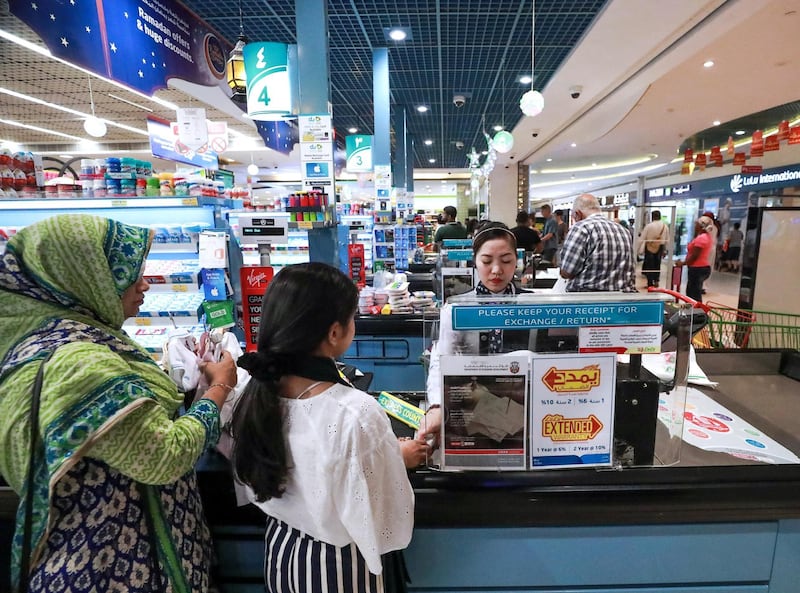All of the Arabian Gulf's economic visions emphasise opening up the economy to foreign direct investment as a way of improving performance. Usually, policymakers focus on the jobs directly created by the investment and the resulting knowledge transfer as the main benefits to the domestic economy.
But a new paper finds that existing domestic companies may also improve in response to the new source of competition.
Cathy Ge Bao of the University of International Business and Economics in China and Maggie Chen of George Washington University in the United States used an international data set to explore the effect of foreign firms announcing their plans to enter a new market via the mainstream media. They examined company activity across 200 countries during the period 2000-2007 alongside the content of over 35,000 media outlets, including newspapers, magazines and television transcripts. The research clearly identified threats of impending competition from foreign investors and its impact on the activities of thousands of firms.
The authors find that the mere announcement of an intent to enter the local market is enough to make existing local competitors improve their productivity, even during the period prior to the entry of the new foreign company. Competition - or specifically the threat of competition - unsurprisingly causes performance to improve, to the benefit of consumers, who experience lower prices and greater choice for products. In the case of companies that initially boost high productivity, the improved productivity comes from innovation; while for those with low initial productivity, the improved productivity is the result of dropping ineffective product lines.
As an illustration, consider the case of Lulu Hypermarkets, which have been spreading across the Gulf for several years. The opening of Gulf markets to these Indian retailers has been part of a broader strategy of integrating the Gulf economies into the global economy, including wooing of foreign capital. Much of the growth in the UAE economy over the last 30 years can be attributed to financial inflows, as foreign businesses bring their ideas and products to hubs such as Abu Dhabi and Dubai. The openness to capital follows decades of openness to labour, with migrant workers representing the majority of the workforce in countries such as Bahrain and the UAE.
Global brands such as Carrefour and Lulu bring high levels of experience and maturity in the operation of a hypermarket. Thanks to nationalisation quotas, their arrival heralds the creation of numerous jobs for Gulf citizens. Moreover, consumers enjoy improved quality and lower prices. And for the citizens who scale the ranks of such organisations, there is the opportunity to absorb the cutting edge logistical and managerial techniques that these organisations have developed over the past few decades. In principle, the knowledge acquired can hopefully be adopted in new commercial ventures that are owned and operated by Gulf citizens.
However, not all segments of society see the positive side. In particular, pre-existing local retailers often express concern when global heavyweights such as Carrefour and Lulu announce their arrival, because they fear that their market share will drop.
According to the traditional analysis, it is up to policymakers to balance the benefits and costs when they weigh-up whether or not to open markets to foreign investors. A common dynamic is to favour the interests of local businesses, as they are a concentrated group capable of lobbying effectively. In contrast, the beneficiaries (especially consumers) are diffuse and poorly organised, meaning that they are ineffective lobbyists.
What does this imply for policymakers? First, they should refine their decision-making process in light of this research. In addition to the effects of foreign investment on the prices that consumers pay for the goods produced by the foreign entrants, the rate of knowledge transfer and the profits and market share of domestic incumbents. They also need to measure the effect on the productivity and propensity to innovate of those domestic incumbents.
Bahrain’s telecommunication sector is a good illustration of this mechanism in action. Prior to liberalisation, Batelco had a monopoly, and service quality and innovation levels were modest. Liberalization opened the door for Zain (Kuwait) and Viva (Saudi Arabia) to enter the market, and as a result consumers experienced lower prices and better quality from all of the operators.
Omar Al-Ubaydli (@omareconomics) is a researcher at Derasat, Bahrain.






